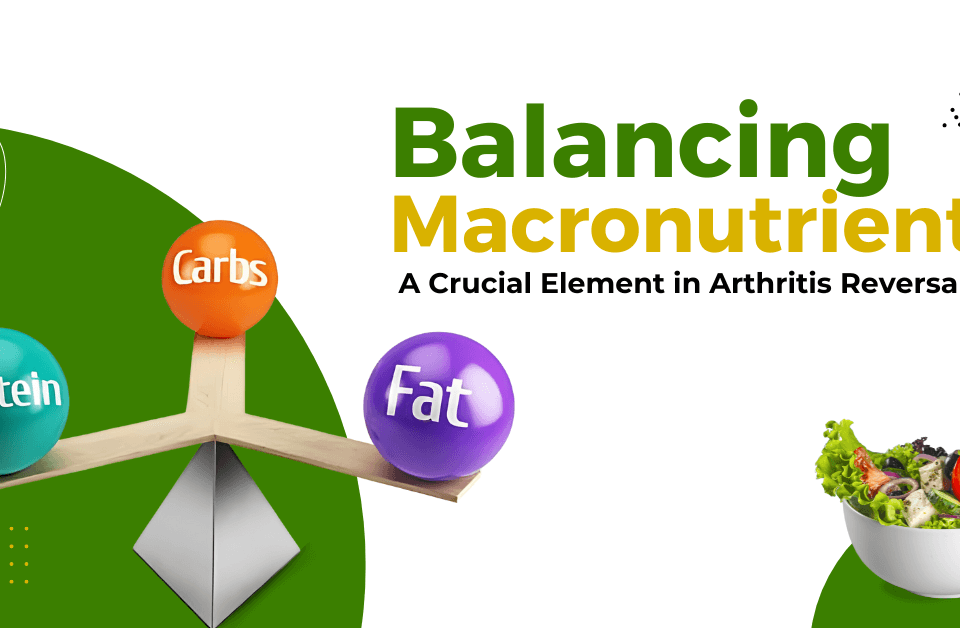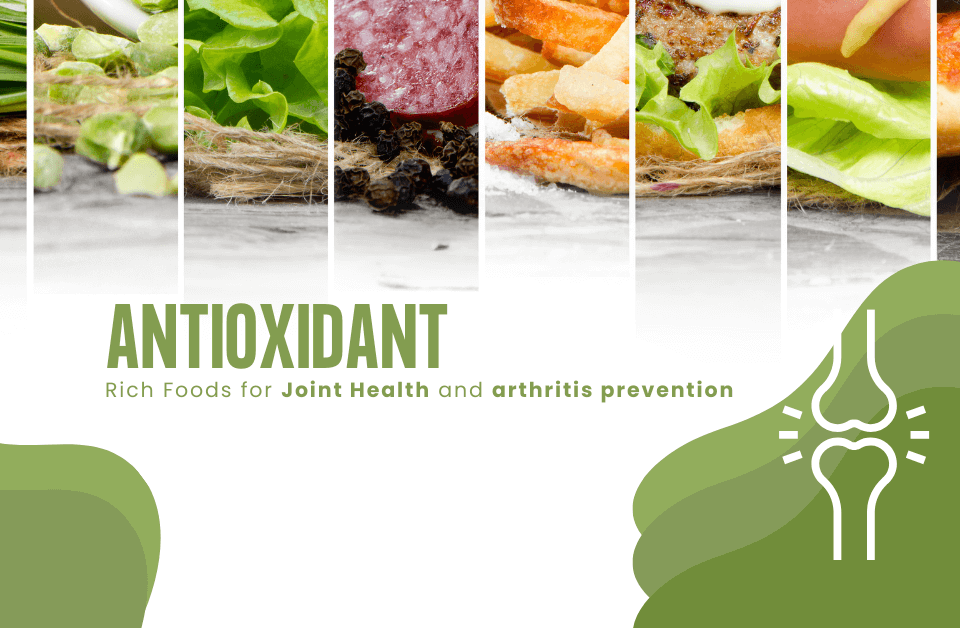Brushing Myths about the Health Benefits of Dark Chocolate

Toxic Habits that you should avoid that Bring Your Body Energy Low!
April 1, 2023
Dangers of Apple Cider Vinegar
May 6, 2023Brushing Myths about the Health Benefits of Dark Chocolate
Do you know dark chocolate dates back to 2000 BC? The Maya, the first connoisseurs of chocolate, first drank it. Today dark chocolate has taken a bar shape after many steps that begin as a cacao pad, bigger than a hand.
Dark chocolate contains 50-90% cocoa solids, butter, and sugar. With the percentage, it is clear that dark chocolate is a concentrated source of calories. One ounce of dark chocolate contains 150 grams of calories. If you want to gain weight, dark chocolate is your best friend.
Indeed dark chocolate has health benefits, but it is necessary to consider it a treat or a small indulgence. Overconsumption of dark chocolate can cause significant damage to your health.
Dark Chocolate and Health Risk
Dark chocolate contains flavonols, a plant chemical that helps to protect the heart. Harvard study has shown that flavonols support the production of nitric oxide (NO) in the endometrium (the inner cell lining of blood vessels), which helps to relax the blood vessels and improve blood flow, thereby lowering blood pressure.
This result came after studying Kuna Indians, an isolated tribe on the Caribbean Coast of Panama. Their cocoa intake was much higher, yet there were no signs of hypertension or heart disease, not even in people of old age. But it might be because of their secondary diets, like eating twice as much fruit and four times as much fish as the average US diet.
Dark Side of Dark Chocolate
According to the Kentucky College of Agriculture, the caffeine amount in dark chocolate is higher than in milk chocolate or white chocolate.
- Risk of Kidney Stones
Dark chocolates have Oxalates, a compound found in many plants and animals that increase the chances of kidney stones. These are called oxalate crystals of calcium. If you are prone to kidney stones, it is necessary to understand how oxalates are absorbed and then accumulate in the kidney after binding with calcium.
Elimination of such stones can happen through urine, but if the crystal size is large, the chance of stone formation ascends. These types of calcium oxalate crystals are mainly formed stones in the kidney. - Migraine
Dark chocolate is high in sugar and enough to raise sugar levels in the blood. University of Maryland Medical Center and Clemson University found that dark chocolate has tyramine, a natural chemical that may trigger migraine. Harvard University said hyperglycemia or high blood sugar gives migraine headaches as well.
So, it is advisable to avoid dark chocolate if you experience migraines often. - Deleterious to Heart
Cocoa butter is the primary source of fat in dark chocolate. Cocoa butter is high in saturated fat, and this fat causes problems with cholesterol level that is directly associated with an increase in heart disease. Along with sugar, saturated fat is also bypassed in the body. - Lots of Sugar
Even if dark chocolate tastes bitter, it is still high in sugar. It is said that 100 grams of it can fulfill the daily intake of sugar level for an adult female and two thirds for an adult male.
Consuming too much dark chocolate makes you more prone to diabetes and cavities.
Sugar is a significant and common reason for tooth decay as bacteria that cause decay easily thrive on the sugar and replicate more tooth worries. - Addictive
Dark chocolate helps lift your mood because it tends to increase blood sugar levels. There is a tendency for it can become addictive whenever you need a boost.
And having anything in more than optimal quantities is not suitable for health. - Sleep Disorders
Dark chocolate is high in caffeine, Theobromine (cacao) and sugar. All of these are the main substances that contribute to insomnia.
For any sweet treat, moderation is the key to maintaining healthy living. Suppose you are concerned about caffeine intake, kidney problems, sleep disorders or migraines. In that case, it is suitable to consult your nutritionist.







